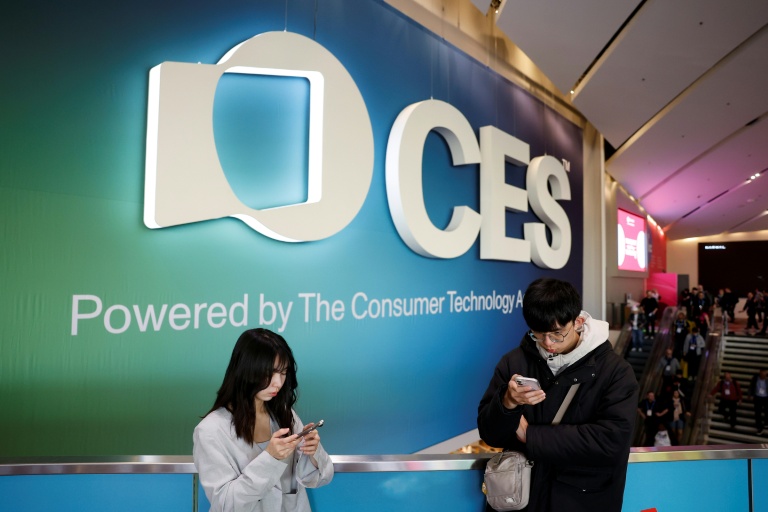Lenovo, the world’s top PC maker, unveiled its own AI assistant Tuesday at the CES tech show in Las Vegas,…
Lenovo unveils AI agent to bridge PCs, phones and wearables at CES


Lenovo, the world’s top PC maker, unveiled its own AI assistant Tuesday at the CES tech show in Las Vegas,…